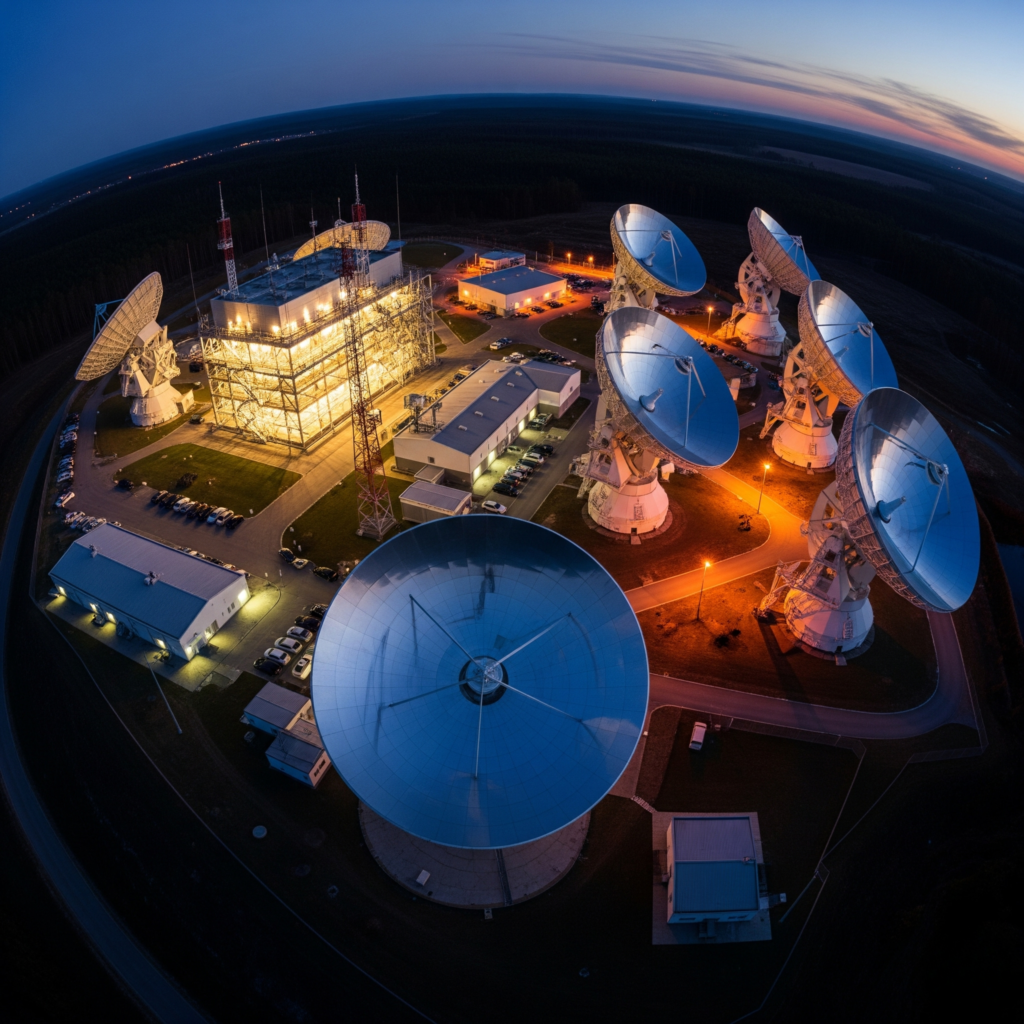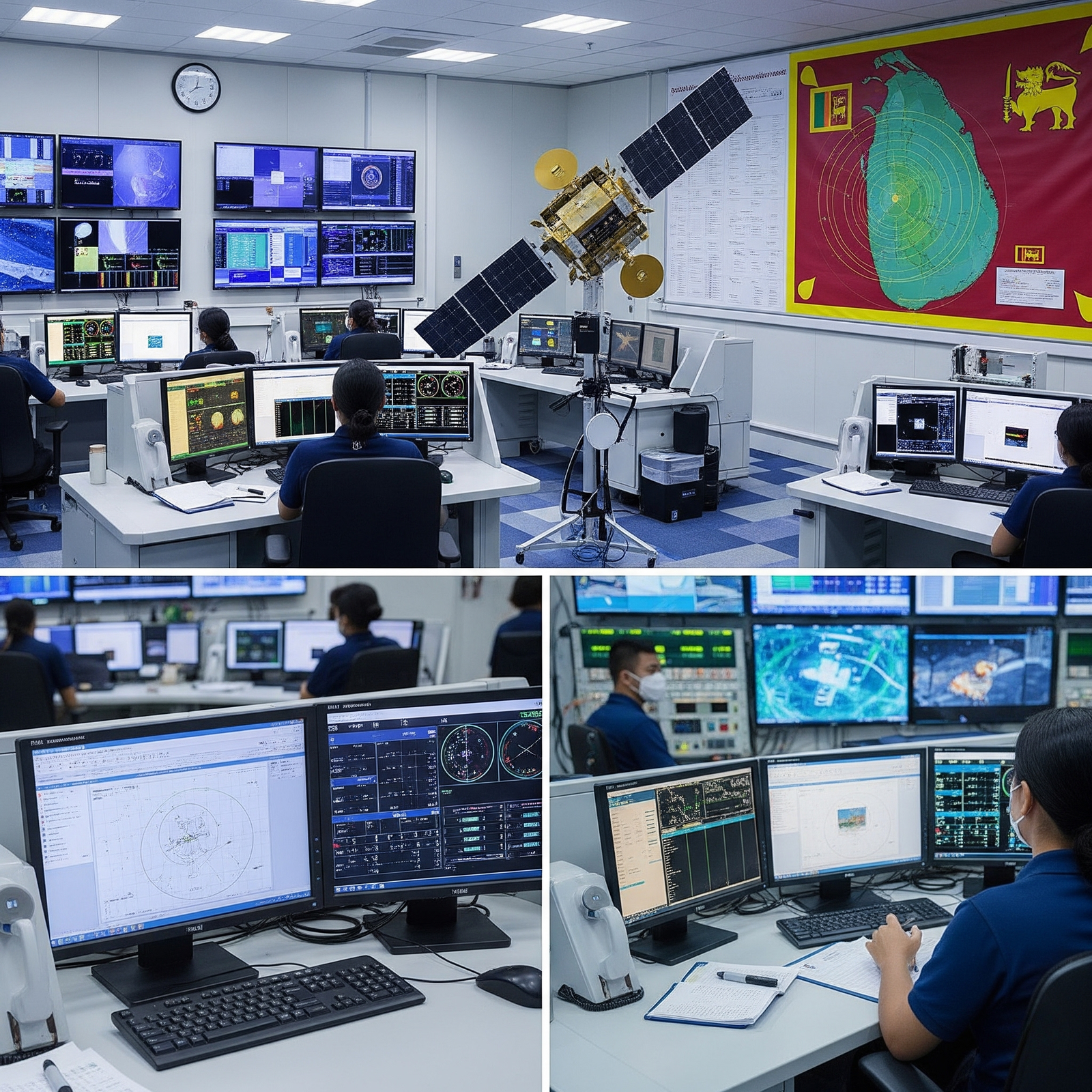Satellite maintenance involves the management and upkeep of satellites to ensure their optimal performance.
While Sri Lanka’s direct involvement in satellite maintenance is still in its nascent stages, collaborations with international space organizations have provided valuable experience.
Collaborations with International Entities
Sri Lankan students have partnered with organizations like SpaceKidz India to develop communication satellites, fostering skills in satellite technology. These collaborations offer hands-on training in satellite design, assembly, and mission planning.
Ground Station Development
Efforts are underway to establish ground stations that can communicate with and monitor satellites, enhancing the country’s capability in satellite operations. Dialog Axiata, for example, inaugurated a new satellite Earth station in Puttalam to support reliable satellite communication services.

Integration with National Applications
Once operational, Sri Lanka’s satellite management system will support diverse applications—from environmental monitoring and disaster response to national communications. The coordinated flow of satellite data is expected to enhance decision-making, spur research, and strengthen operational readiness.
This emerging infrastructure will enable Sri Lanka not only to track and control its own satellites but also to participate in international satellite constellations and disaster response initiatives.

Satellite Management and Operational Oversight
In addition to external collaborations and infrastructure development, Sri Lanka—through institutions like the Arthur C. Clarke Institute for Modern Technologies (ACCIMT)—is steadily building in‑house capabilities for satellite operations. ACCIMT is developing a National Space Hub to receive and distribute Earth observation data, and has identified a dedicated ground station site at Mahenwatta, Homagama, to support satellite data reception and mission monitoring.
